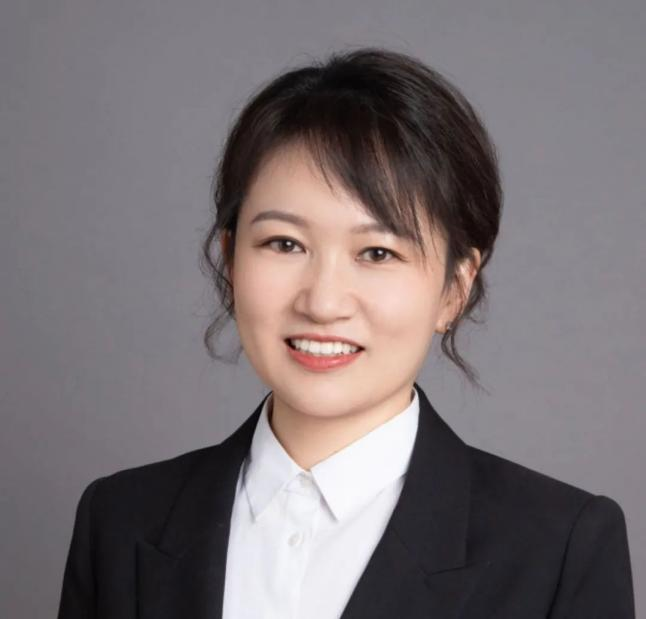
On November 10, 2023, the 12th Shanghai Young Scientific and Technological Talent Award ceremony was held, and 30 outstanding young researchers from three fields, basic research, achievement transformation, and enterprise innovation, were selected. Tongji University has secured four positions. Professor Wang Ying was awarded the title "Shanghai Young Scientific and Technological Talent" in the achievement transformation category.
Wang Ying, born in September 1984, Vice Dean of the College of Environmental Science and Engineering, Tongji University. She was also selected as a national leading talent under the major strategic demand for the "Battle against Pollution and Green High-Quality Development." Wang et al., developed a new method for ultra-sensitive in situ detection, deciphered the mechanism of electrochemical degradation and transformation of pollutants, designed and prepared multilevel structured pollutant electrocatalytic conversion interfaces, elucidated the active regulation mechanism of the catalytic active site electronic structure, and constructed a material conversion and reuse technology with synergistic functions of pollution reduction and carbon reduction. She has published over 50 papers as the first or corresponding author, and holds 22 granted Chinese invention patents. Wang Ying was awarded the Second Prize of the National Natural Science Award in 2015 and the First Prize of the Shanghai Technical Invention Award in 2019.
The Shanghai Association for Science and Technology (SAST) selects and identifies Shanghai Young Scientific and Technological Talents. The aim is to encourage and promote outstanding scientific and technological workers who contribute significantly to the development of national science and technology, the progress of Shanghai's science and technology, and socioeconomic development by focusing on the world's scientific frontiers, the main economic battlefield, major national demands, and the health and well-being of the people. This initiative serves to support Shanghai in accelerating the construction of a globally influential scientific and technological innovation center and advancing the establishment of a high-level talent hub. Talents were categorized into basic research, achievement transformation, and enterprise innovation, with no more than 10 people selected in each category and a total of not exceeding 30 young scientific and technological talents.